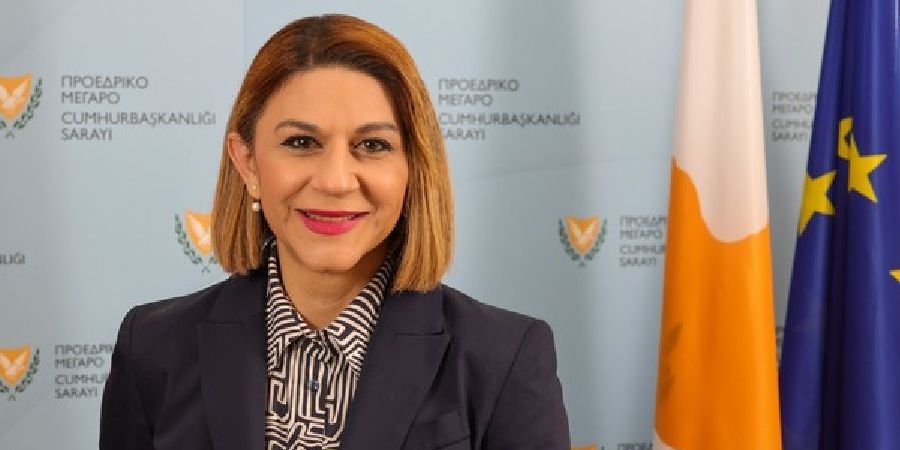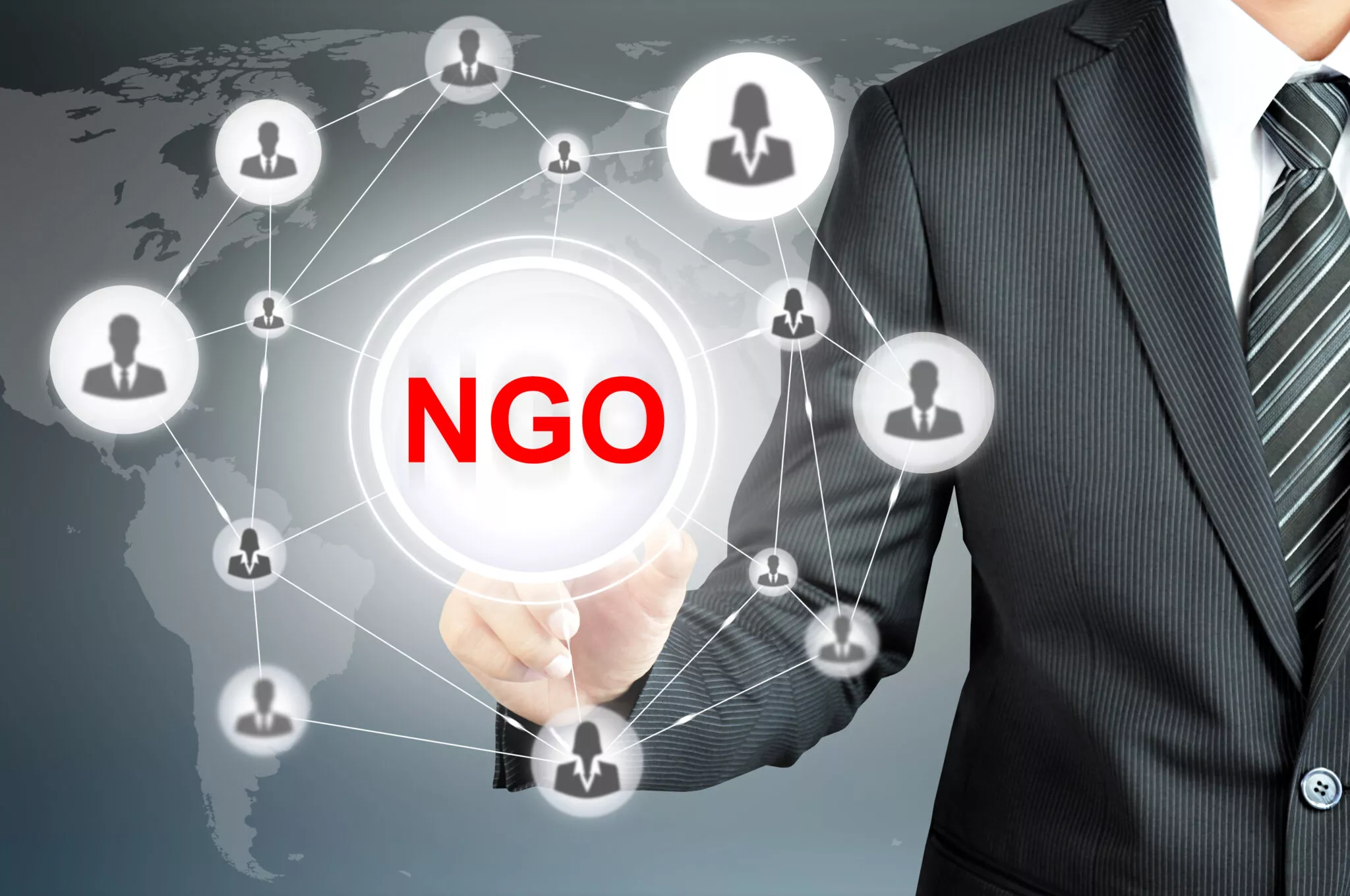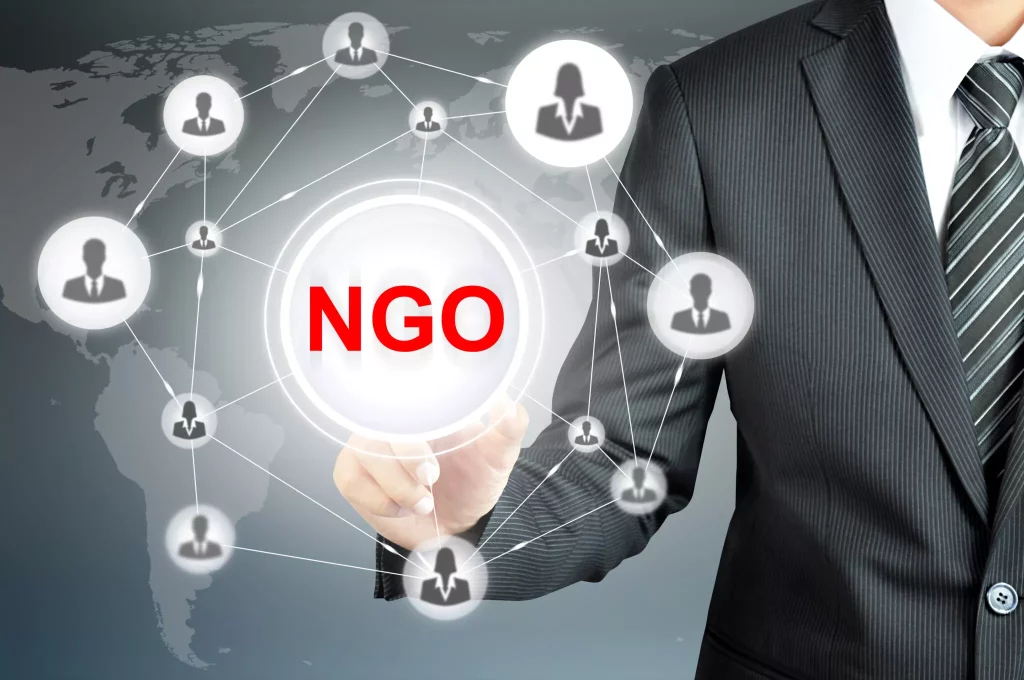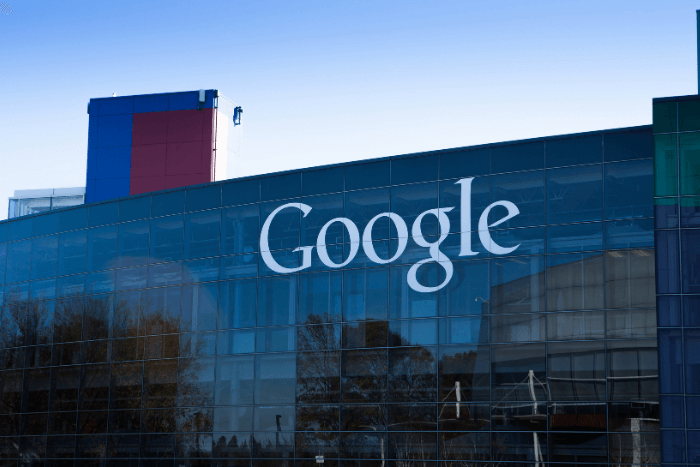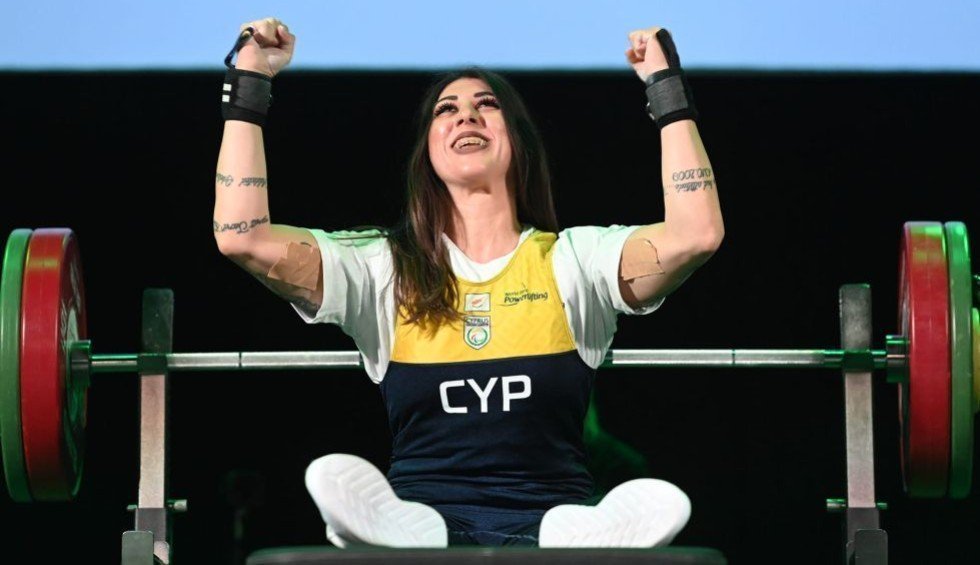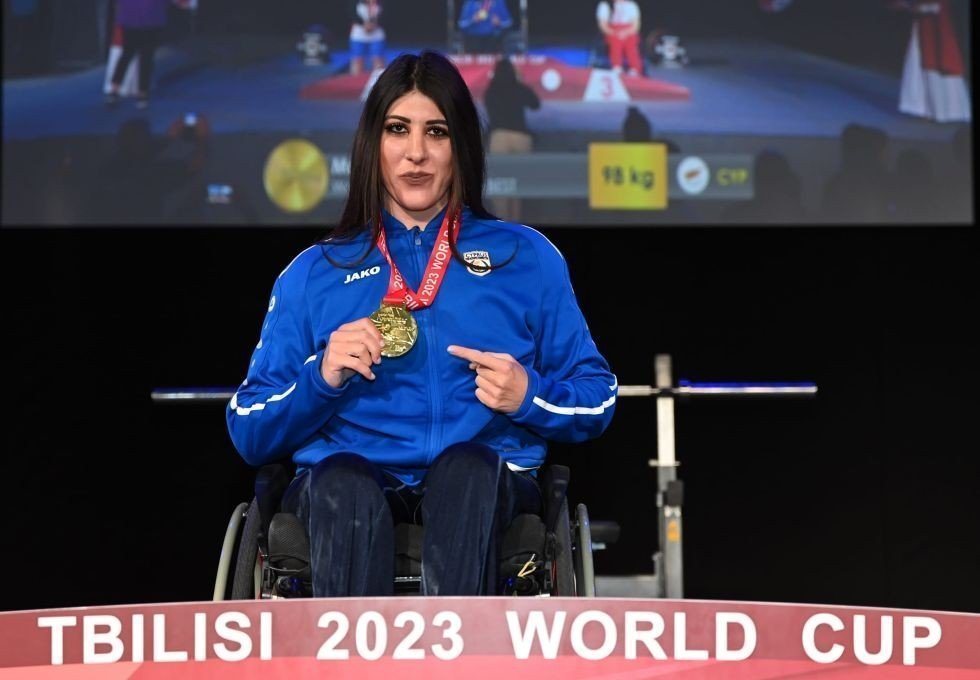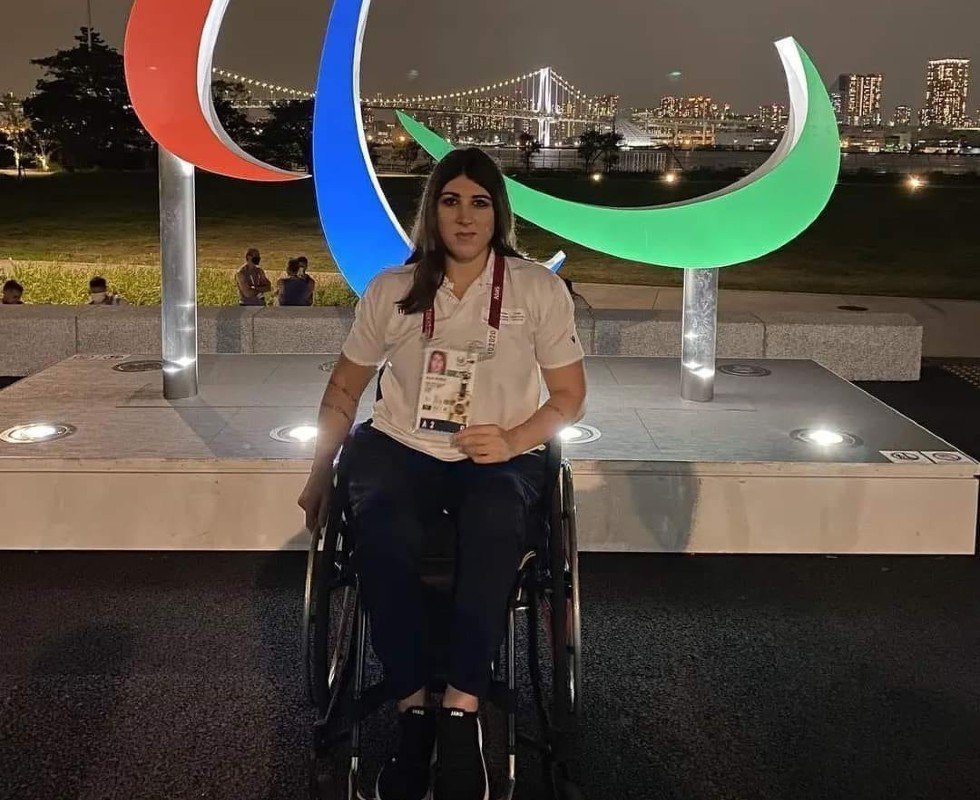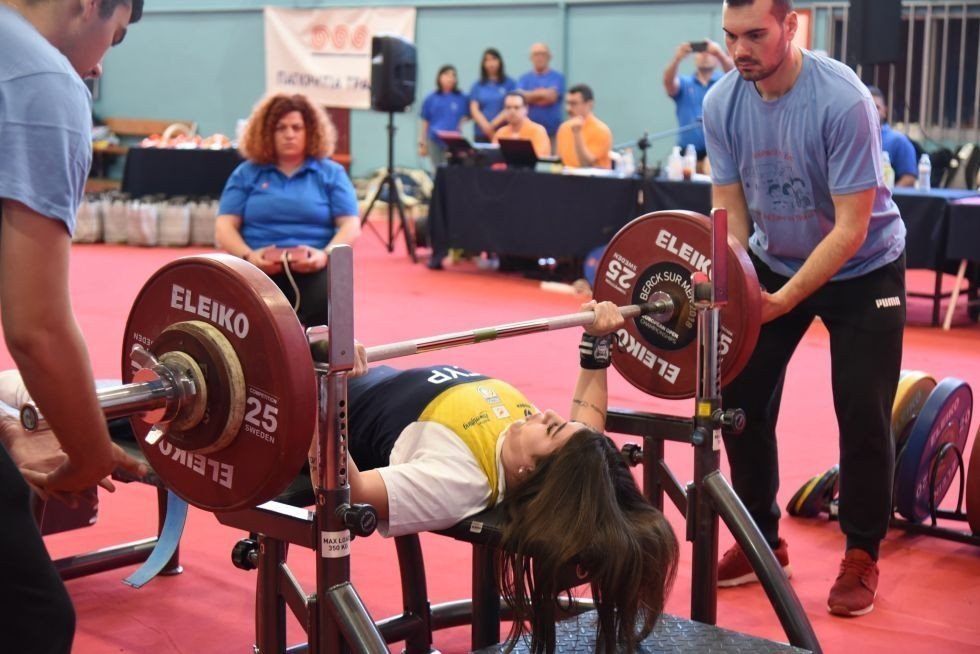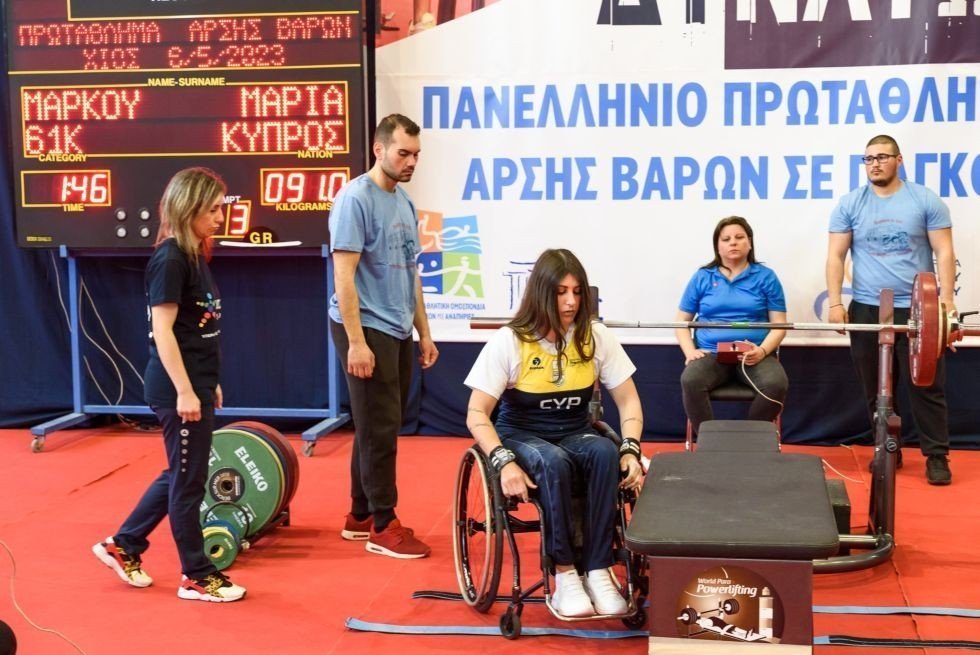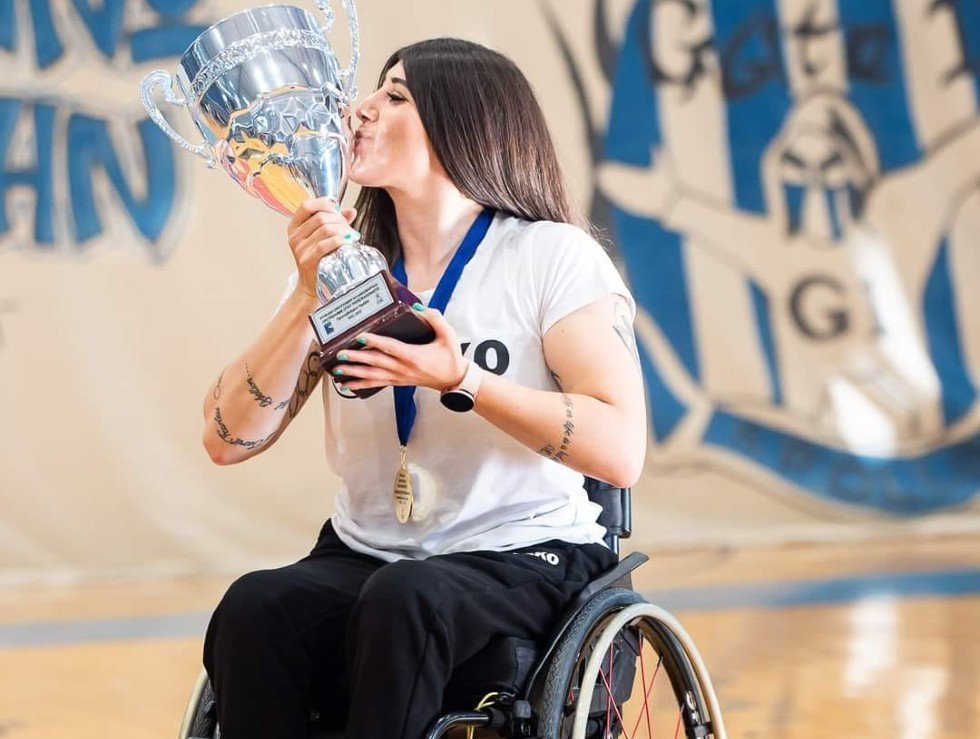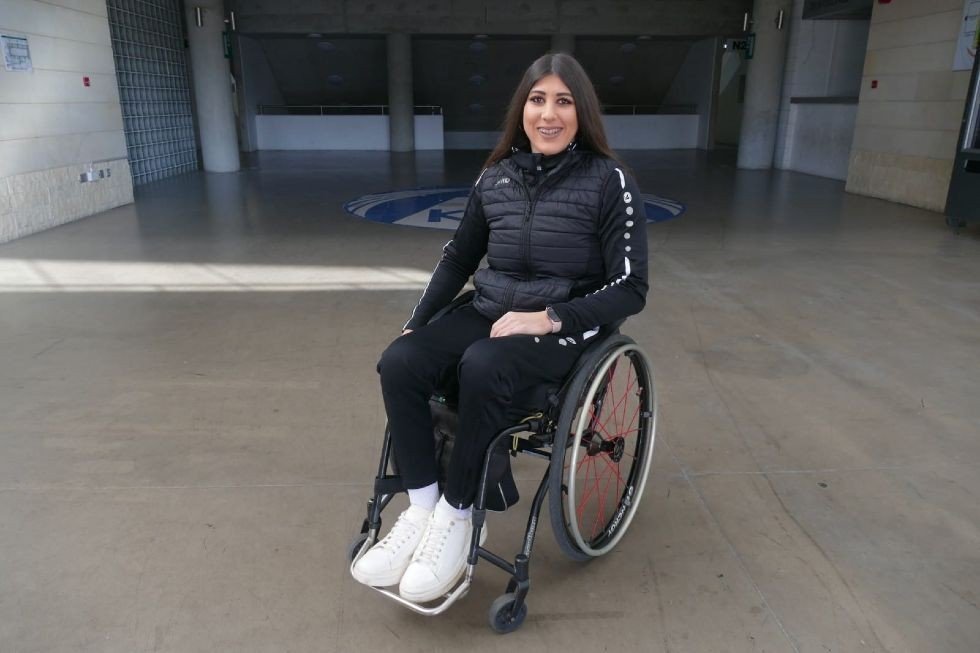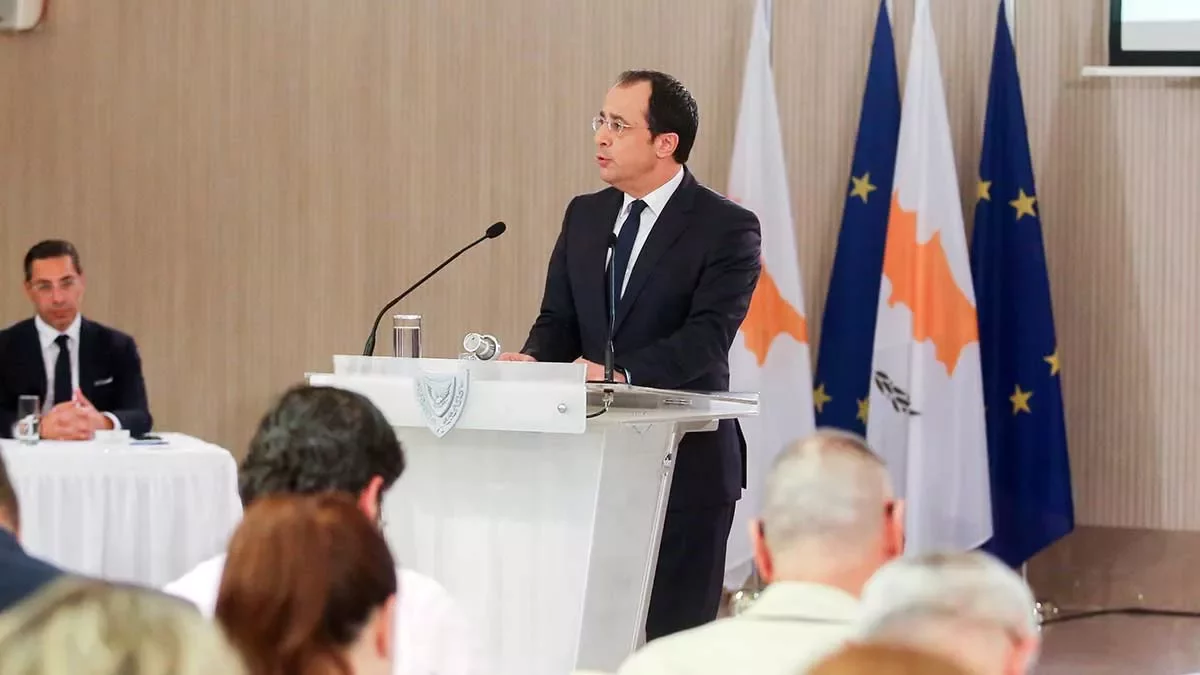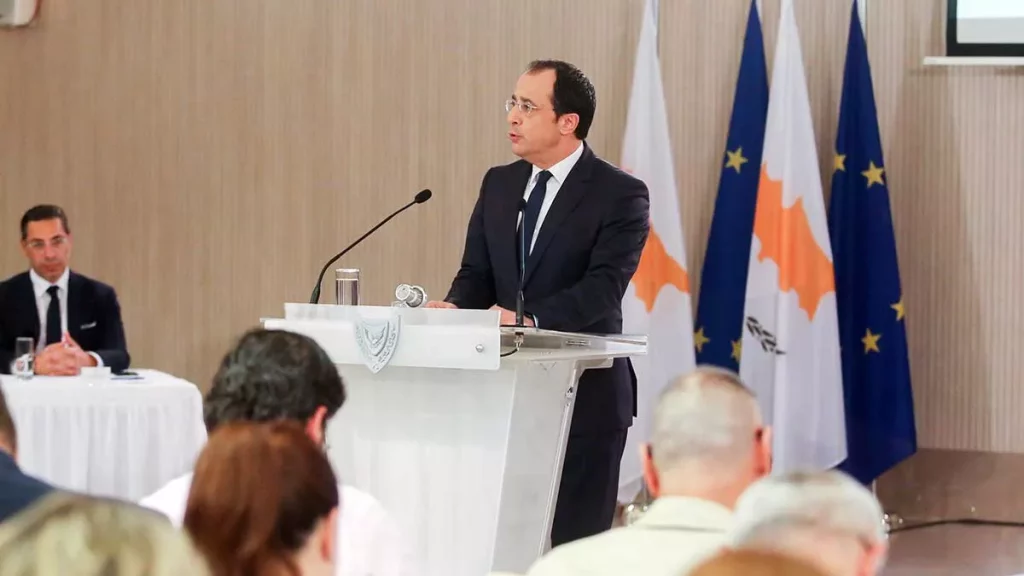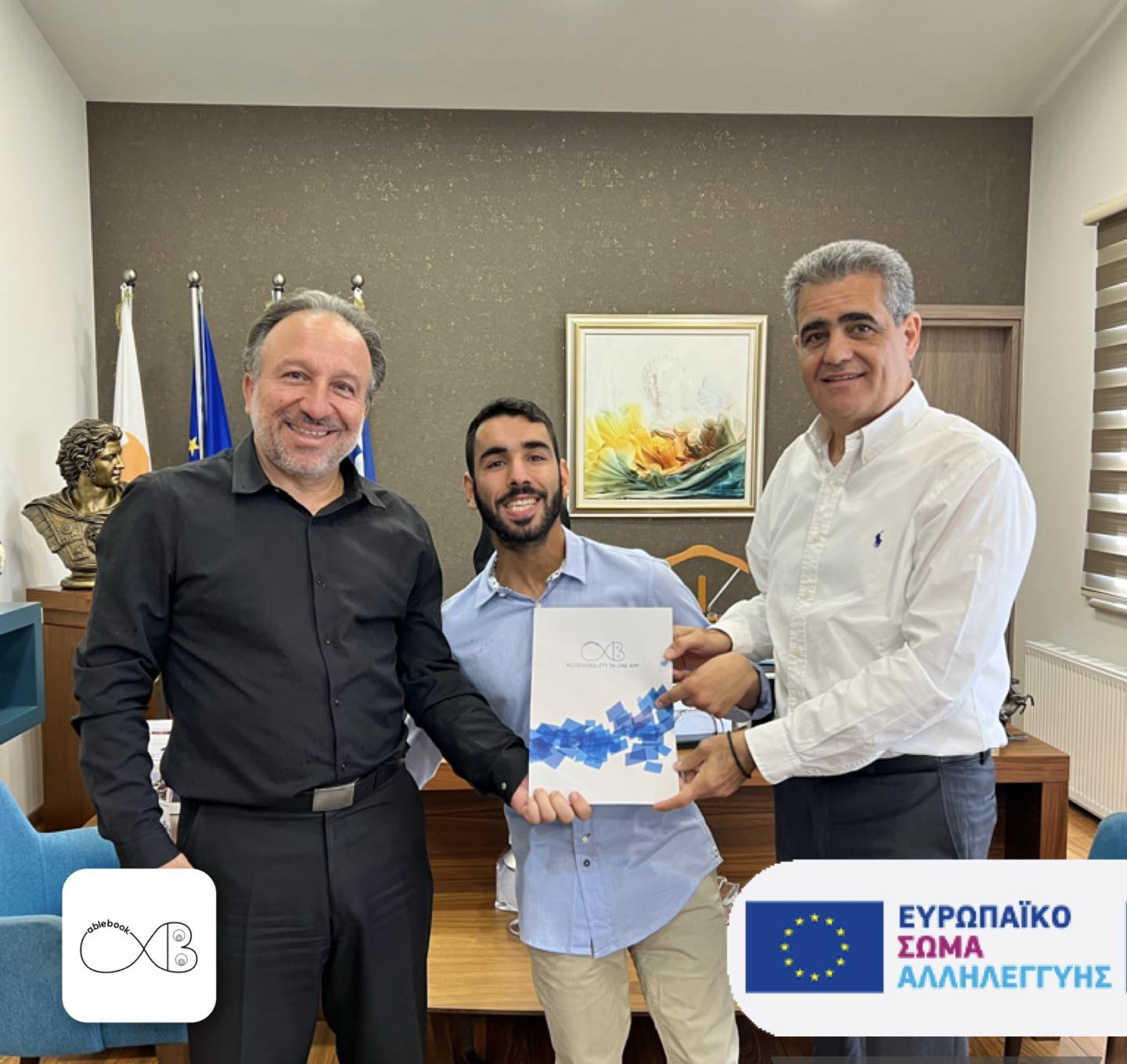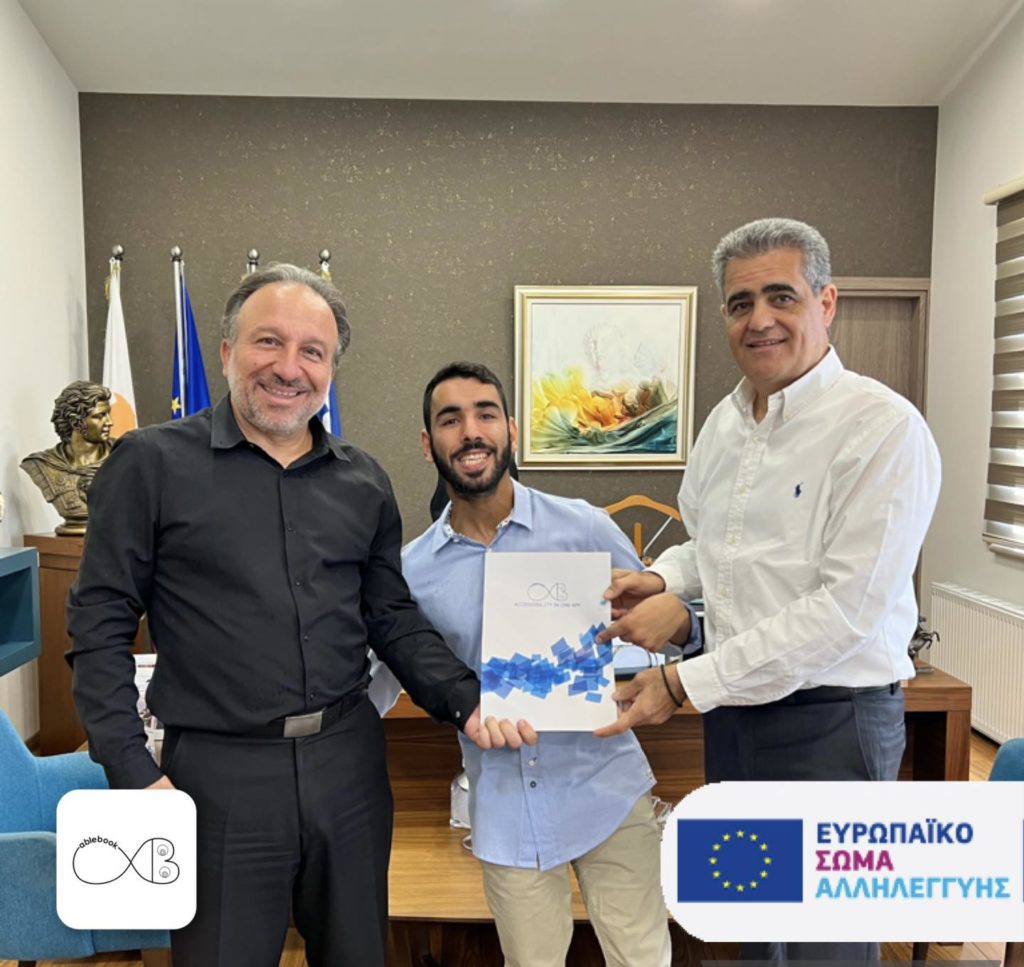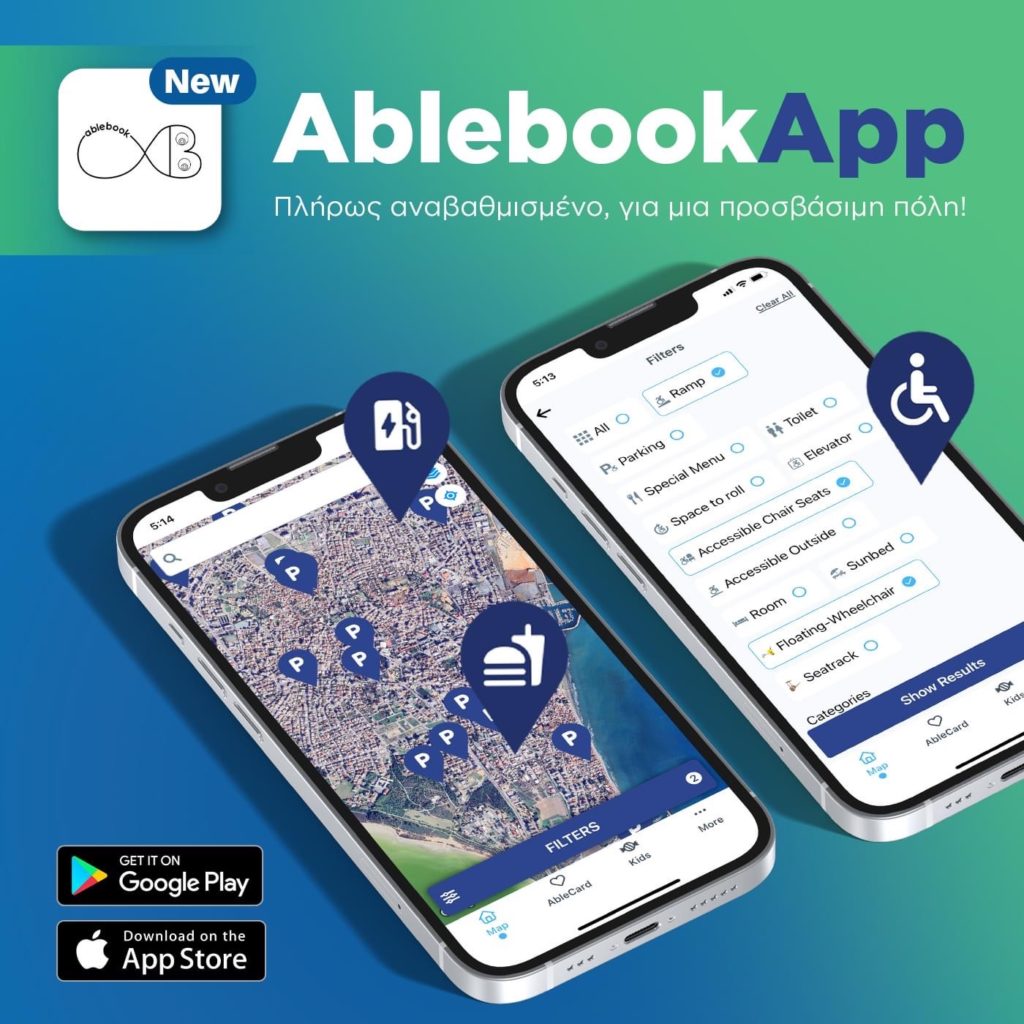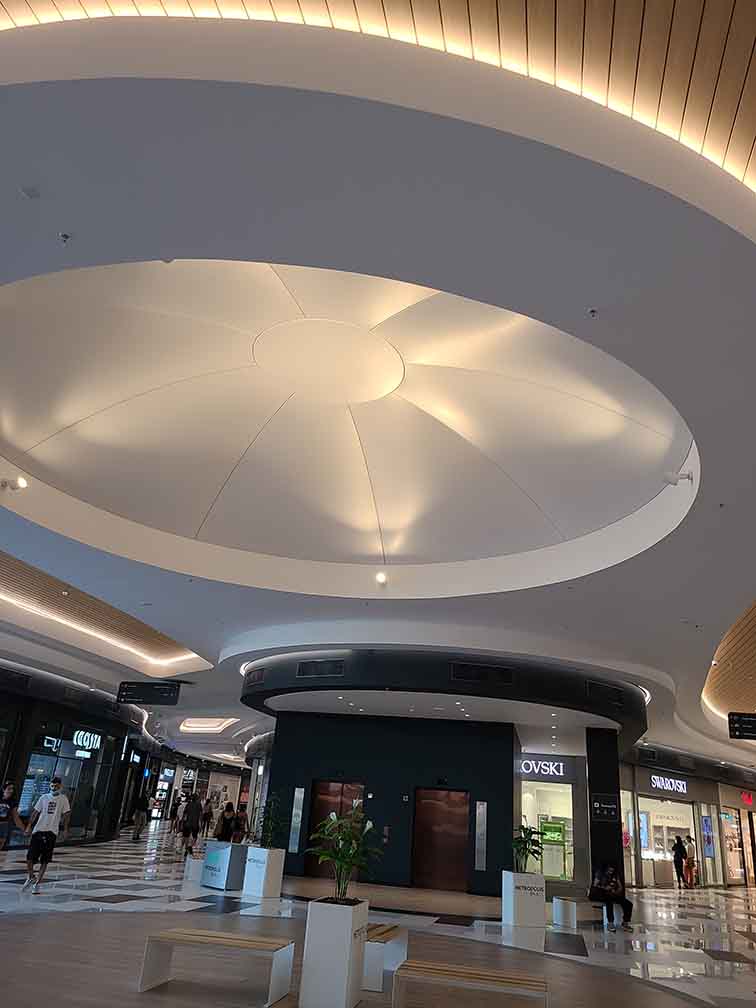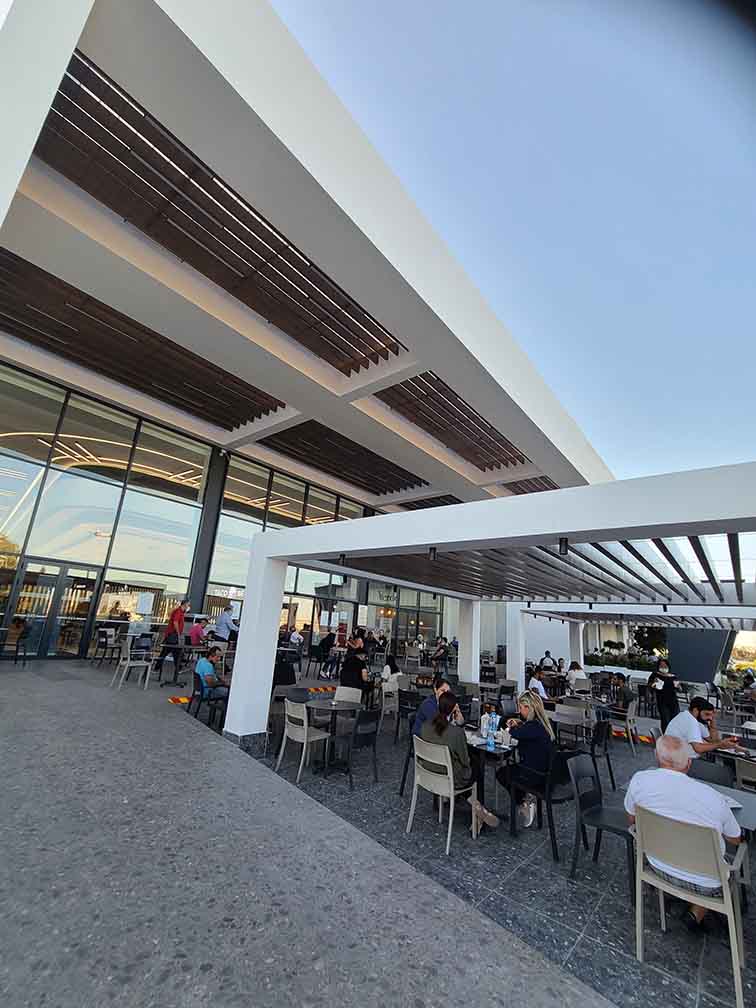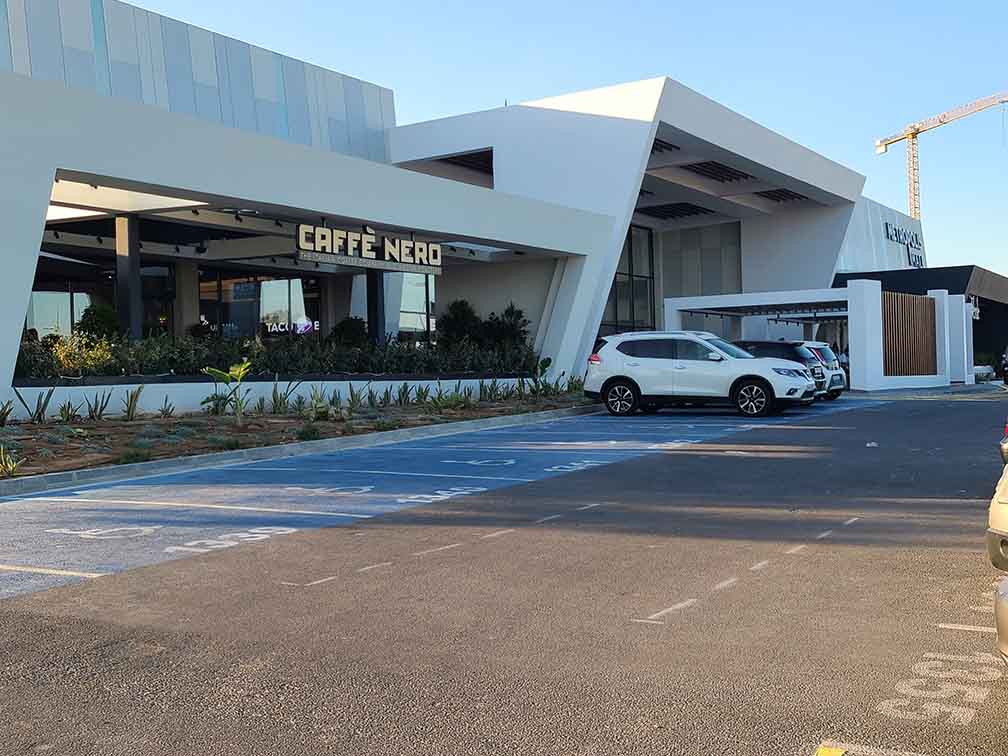She is a dynamic woman who is not afraid of challenges and knows well how to turn things around and overcome every obstacle to achieve her goal. An accident at the age of 16 created new circumstances in her life. She took her time and with a warm smile, readjusted her dreams and became an example for those who say ‘I can’t.’
Maria Markou is a Paralympian in bench press weightlifting. She managed to turn her dream into reality and strives to be a source of inspiration, proving to people with disabilities that they are equal members of society.
The 30-year-old athlete spoke to Metrosport.gr about her gold medals at the Tbilisi World Championships, her participation in the Paralympic Games in Tokyo, and her future goals. She unraveled the path she has taken so far, the thoughts she had after the accident that changed her life, and explained how she started anew on two wheels.
Furthermore, she mentioned her role as the first female bench press weightlifter in Cyprus, her Greek coach Pyrros Dimas, and Marilyn Monroe as her role models. Lastly, she touched upon the topic of daily life and accessibility for people with disabilities, emphasizing that there is still room for improvement.
“Goal: a new Pan-Cyprian record”
You recently won the gold medal at the World Championships. How did you experience this and what were your emotions?
“In April, I participated in the World Cup in Tbilisi in a different weight category, the 61-kilogram category. I managed to take first place overall and achieve the best performance in the category. I won my first gold medals. I cannot describe how I felt at that moment. When you see your country’s flag waving higher than the others, it is a unique feeling. I felt incredibly proud.”
What is your next goal?
“My next goal is to participate in the World Championships in Dubai next August. I hope to achieve a better performance compared to the one I had in Georgia and set a new Pan-Cyprian record. I have been there before, and it is a unique experience.”
You recently changed weight categories. Was it something that challenged you?
“In our sport, all disabilities compete together. The categorization is based on our weight. I changed categories and moved from the 67-kilogram to the 61-kilogram. Initially, it was difficult because I had to lose quite a few kilograms. However, with the help of a nutritionist, a sports psychologist, and my coach, we managed it. It was a big change for me, but it paid off, and I even won my first gold medals.”
How did your journey in sports begin?
“I remember myself engaging in sports from the age of four. My parents took me to a rhythmic gymnastics school, and at the age of seven, I also started doing track and field. It’s like a bug; I caught it, and I am happy about it. I was an active athlete in both until I was 16, when I had a traffic accident. After that, I got involved in Paralympic sports and completely different sports. I started playing wheelchair basketball and then took up swimming. During that time, I received a proposal to try bench press weightlifting. I loved it, and I continue to do it until today.”
Why did you choose an individual sport?
“In individual sports, planning, goals, and successes or failures are a result of your efforts alone. In team sports, it depends on the team’s coordination. If players don’t synchronize well, the ball is lost somewhere.”
How do you handle an unwanted result, and how much does it affect you?
“It is quite difficult to deal with such situations. When an athlete reaches a high level and gets an unwanted result, it is extremely difficult to cope with it. When it happens to me, I try not to get disappointed, to see my mistakes, learn from them, and improve. After all, we cannot always be first; we must learn to win and lose.”
“Childhood dream, the Paralympic Games – I want to bring more people to the sport”
Do you have a particular event that stands out from your competitions? What was your most powerful competitive experience?
“I believe that among the competitions I have participated in until now, my first appearance at the Paralympics stands out. It was a special experience for me. It was a childhood dream come true. I managed to make my childhood dream a reality, and honestly, I never imagined that I would achieve it. I am proud of this accomplishment. I would say my most powerful experience was my recent competition at the World Cup because I was more focused, knew what Maria wanted, and had a proper plan in my mind.”
As the first female weightlifter in Cyprus, what role does this position play?
“Being the first female athlete in this sport creates the need to bring more athletes into it. The fact that I managed to reach such heights so quickly and participate in the biggest sports event is due to my inner strength, determination, and love for sports. I want to transfer these qualities to other people so they can achieve their dreams and goals, whether in our sport or in life in general.”
You participated in the Tokyo Paralympic Games. What was your reaction when you found out that you qualified?
“At that particular moment, I was at the Spyros Kyprianou Athletic Center in Limassol, training. I received a phone call from the Cypriot Paralympic National Committee and was informed that I would be going to Tokyo. I let out a loud cry that was heard throughout the athletic center. I was deeply moved because I had managed to make my childhood dream come true.”
How did you experience this event, and what did you learn from this experience?
“It was quite challenging to qualify because I had to participate in some mandatory competitions, which I had not taken part in in previous years. Additionally, we had quarantine due to COVID-19, and I was also working, making it not so easy to train. With the help of my family, coach, and the weightlifting federation, I managed to train at home. When the international competitions opened up, I chose to participate to assess my competitive condition. It was something that helped me as I did not lose my form, and later on, I secured the qualification. I participated in the event, learned from the good and the bad, and for the next Paralympic Games, I will be more prepared to strive for more, both for myself and my country. This experience taught me that when we set goals and truly love what we want to achieve, step by step, success will come.”
“Guide in my journey, the coach – Excellent facilities in Limassol and Thessaloniki”
How many hours a day do you train? What does your training include?
“I train twice a day for about three hours. My training includes warm-up, elastic bands, stretches, bench exercises, and exercises that help strengthen me. Also, a significant part of my training is rehabilitation, which is done with the help of my physiotherapists.”
How important is the role of your coach (Dimitris Ioannidis)?
“He is the guide on the entire journey. He is the beginning of everything. His assistance, along with the help of the others supporting us, has brought me to this level. He is always by my side, supporting me every minute, so I have confidence and believe in myself to reach my maximum potential.”
What is the most important advice he has given you?
“To stay focused, not to rush, and to follow his instructions. To constantly strive to improve because it is easy to reach the top but difficult to stay there. It takes effort, determination, and persistence. Additionally, to be true to my principles as a person, to evolve daily, and to always believe in myself.”
Where do you train? Are you satisfied with the facilities?
“I train at the Spyros Kyprianou Athletic Center in Limassol. It is in excellent condition, equipped with the right sports facilities, and even the latest technology. The Federation supports me a lot, and I am very thankful for that.”
When you come to Greece, which place do you choose for your training? Are you satisfied with it?
“For my preparation, I come to Thessaloniki and have chosen to train at the Pylaia Sports Center. The facilities are quite good, and I thank them for allowing me to train there. They have recently renovated the space, and the athlete feels like they are at home. Also, there is accessibility to all areas, and athletes with disabilities can train without any problem. I would like to express my gratitude to the Municipality of Pylaia, the coaches, and my fellow athletes for this warm hospitality.”
“I find a way to handle every difficulty.”
What has weightlifting offered you?
“It has helped me in my physical and mental health. It has strengthened me. As a person with a disability, there are some muscles that do not function properly, and this sport helps us strengthen them to cope with our daily lives. Moreover, it offers me pleasure and health.”
What difficulties have you faced in practicing this sport?
“Personally, I have not faced many difficulties, and if they exist, I find a way to overcome them. However, it is good to know that training for people with disabilities is more challenging compared to those without disabilities. The hours are longer, and there are modifications in how certain machines are used. The training program and pace change.”
What would you like to improve in your competitive performance?
“I would like to increase my weightlifting records. I want to become better every time.”
“What would you like to improve competitively within yourself?”
“I would like to improve competitively by enhancing my performance and increasing the weight I can lift. I aim to achieve better results in weightlifting and improve my technical abilities.”
“Will we stop living? – I learned about my disability and made new dreams.”
At the age of 16, an accident changed the course of my life. How did I manage it?
“I had an accident at the age of 16, which resulted in a complete disability in my lower limbs. It was quite challenging to come to terms with the fact that I wouldn’t walk again and wouldn’t be able to participate in the sports I used to love. It took time for me to cope with the situation. However, the people who were by my side supported me greatly and helped me understand that I had to continue living my life. I realized that as humans, we must evolve. There are many problems that can come knocking at our door at any moment. Does that mean we should stop living? No! We don’t need to give up on life; with determination and patience, we can find ways to overcome challenges. We have to leap over obstacles and adapt to new circumstances.”
How much has your daily life changed?
“My daily life changed significantly. Just imagine, one moment I was an athlete, constantly running and doing acrobatics, and the next moment, I had to learn how to manage life in a wheelchair. It was difficult but not impossible. I learned about my disability and made new dreams based on my new situation.”
Are you satisfied with the facilities and spaces available for people with disabilities?
“As for the facilities and spaces for people with disabilities, there is room for improvement. For example, there are parking spaces designated for people with disabilities, but people without disabilities often use them. There aren’t enough accessible restrooms in many establishments, and not all streets and sidewalks have ramps, making it challenging to move around independently. It saddens me because life could be much easier. I wish I could go for a coffee on my own or not have to call a shop to ask if it’s accessible for me. I’m not entirely independent.”
What is your family’s attitude?
“My family’s support has been crucial. Without them, I wouldn’t be who I am today. They stand by me in every decision I make.”
Besides weightlifting, what do you engage in?
“I am a computer science teacher in Secondary Education, and I make sure to fill my daily life in a way that helps other people. My role now involves visiting all school units and informing children about sports, road safety, and disability. In this way, I aim to assist them in having healthy role models and to let them know that they can pursue any goal regardless of their circumstances. Additionally, I participate in various charitable events, Erasmus projects, and I am a member of non-profit organizations that help people in need.”
You are quite active and involved in various fields. Do you believe that society is ready to accept people with disabilities?
“In recent years, the landscape has changed. People with disabilities have become more social and are striving to integrate into society. However, there are still some stereotypes, even in sports. In Cyprus, there is a distinction between Olympians and Paralympians, with individuals with disabilities being considered at a disadvantage. This is different from other countries where they are treated equally. When the state does not recognize you as an equal member, what can you expect from society? Let us not forget that we are all potentially individuals with disabilities. As we age, we might need a walking stick or assistance. So, why should these individuals be treated differently? The goal is for people with disabilities to become more social and fully integrated into society.”
Getting to know Maria better
“Role Model: I learned the sport of weightlifting from Pyrros Dimas. He was the reason I wanted to learn this particular sport from a young age. He excelled continuously and became one of my role models. We have met a few times, and I asked him how he managed to achieve the conquest of gold medals. I also admire those individuals who set goals and strive to achieve them, overcoming every obstacle.”
Favorite food: “I enjoy many dishes, but I have a special weakness for meat.”
Favorite song: “I like ‘Elpida’ by Argyros.”
Favorite TV series/movie: “I prefer watching action and romantic movies.”
Favourite colour: “Black”
Pet: “I have a dog and two cats”
Tattoos: “I have many tattoos on my back and arms. Each one I have chosen holds special meaning for me. I have designed something related to disability, symbols of the Paralympic and Olympic Games, an owl, a she-wolf, and a big concept of Marilyn Monroe. I admire her greatly because she was a strong woman who followed her own path and showed that women can achieve a lot if they want to”
Good luck charm: “I have an amulet.”
Free time: “I don’t leave enough time to rest; I enjoy participating in various activities and helping others.”
“How would you describe yourself in one word/phrase: ‘I am dynamic, I enjoy adrenaline, and I love challenges.”
Source: Panayiota Chalkia (Metrosport)




